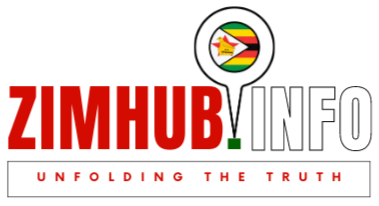ED’s public assets order raises dust
STAFF WRITER
ECONOMISTS and legal experts have raised concern over the exemption of state-owned entities from public procurement law, saying the move could create fertile ground for corruption, mismanagement and lack of parliamentary oversight.
President Emmerson Mnangagwa last week gazetted General Notice 164B of 2024, exempting 21 public entities from compliance with the Public Procurement and Disposal of Public Assets Act.
The entities include the Reserve Bank of Zimbabwe, AFC Commercial Bank, Infrastructure Development Bank of Zimbabwe, TelOne and Kuvimba Mining House, among others.
“It means that they don’t have to follow tender procedures as prescribed by the Act.
“This will further reduce transparency in the dealings of these companies. Already there was a lot of mystery regarding the Mutapa Fund.
“This makes it worse,” economist Trust Chikohora said.
Legal expert Tendai Biti said the president violated the constitution, which is the supreme law of the country.
“No law can be made which is inconsistent with the same,” Biti said.
“Therefore, the president doesn’t have the legal right of suspending the constitution, which demands transparency.
said: “I suspect the reason behind the exemption is to facilitate a smoother flow of decision making by eliminating the delays caused by the bureaucratic nature of the public procurement process.
“This is aimed at improving the adaptability and ability to respond quicker to changing market dynamics.”
However, Dhlamini said this may lead to potential abuse of the privilege by some of the institutions and thus undermining corporate governance.
‘It might lead to less transparency and accountability which might compromise the value for money principle in procurement,” he said.
“We, however, are hoping that the relevant authorities will utilize this exemption to improve efficiency and competitiveness.”
Another economist Prosper Chitambara said there are pros and cons to such a move. The pros are the fact that making decisions becomes faster as these entities would not go through regulatory requirements under public procurement and disposal of public assets.
“So, I would say probably that’s an advantage.
“But of course, the cons really relate to concerns about transparency and accountability, which are key pillars in terms of governance of any institution,” he said.
“Transparency and accountability around public procurement and disposal of public assets is a big issue.
“So, I think we need to look at it from that balanced perspective. “Maybe the government is trying to ensure that decisions are made more quickly.
“But that also comes at the cost of those concerns around transparency and accountability.”

